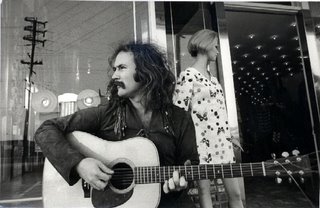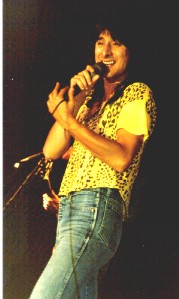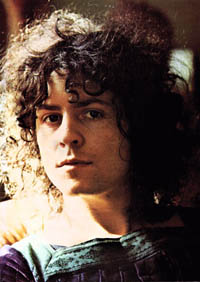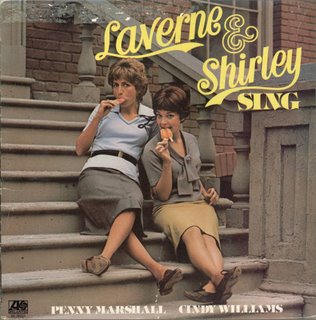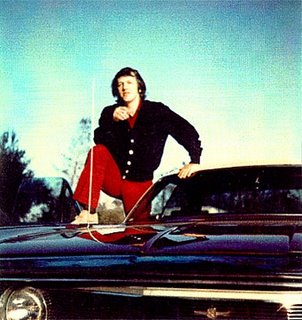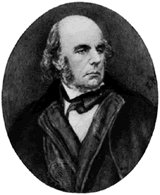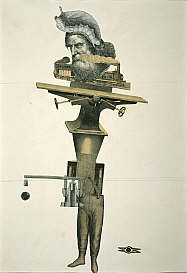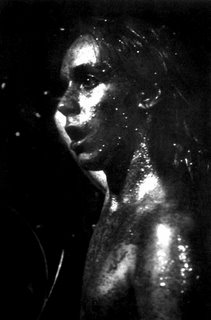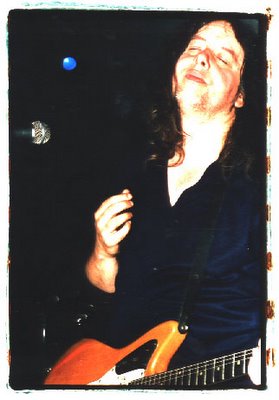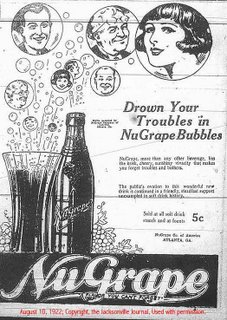 Hold on, this song has a little introduction to it. It's ain't supposed to be sad though you might feel it that way. It's a song about desperation. Every now and then we do get desperate.
Hold on, this song has a little introduction to it. It's ain't supposed to be sad though you might feel it that way. It's a song about desperation. Every now and then we do get desperate. This is a song about L-O-V-E. And if you abuse it yr goin to lose it and if you lose it yr goin to abuse it and if you abuse it you ain't going to be able to choose it cuz you ain't going to have it further on down the line and things ain't gonna to be so fine and yr gonna to be sitting there on your little machine tryin' to look and keep it clean and you're going to be home playin' bingo all night all alone and that's why you're sittin there by the telephone and you know that she ain't goin to CALL you!
So you put on the TV and you're watchin' Johnny Carson segue-wayin' right into the Tomorrow Show but that don't got the go so you turn it off ya turn on the radio, the radio don't seem to get the click so you say, "Hey Man, I can't lickety split!" You start to open up a little book and there's somethin' there you got to overlook and you say, "BABY, you know there's somethin on my mind! You say "Baby there's somethin' on my mind - I know that you're home and I know you ain't all alone!" So you start walkin' over to her house and you get over to her house and you walk over to her door and you start poundin' on her door and you say, "Open up the door bitch! This is Wooba Gooba with the green teeth, let me in!"
Well, she opens up the door and then you just kinda walk up to her and say
"Baby," (say Baby!) you look up way up at her green mascara and you say "Oh my darling, you know her and me was at the party as friends - do not believe what they say. That's only gossip that they tellin ya down the wisecracker line!"
You say, "DARLING! Take your big curls and squeeze them down, Ratumba" - what's the name of that chick with the long hair? (Rapunzel!) - I say, "Hey Rapunzel!" Heh heh... "Hey Reputa the beautah! Reputa the Beautah! Hey Reputa the Beautah, flip me down your hair and let me climb up to the ladder of your love! Because this is the Wooba Gooba sayin to ya, Love comes once and when it comes you better grab it fast cuz sometimes the love you grab aint gonn' last and I believe I MUSTA! You know I think I MUSTA! You know baby I think I MUSTA! You know I think I MUSTA!
I musta got LOOOOOST!"
"Where Did Our Love Go?"
"Looking for Love/Houseparty"
